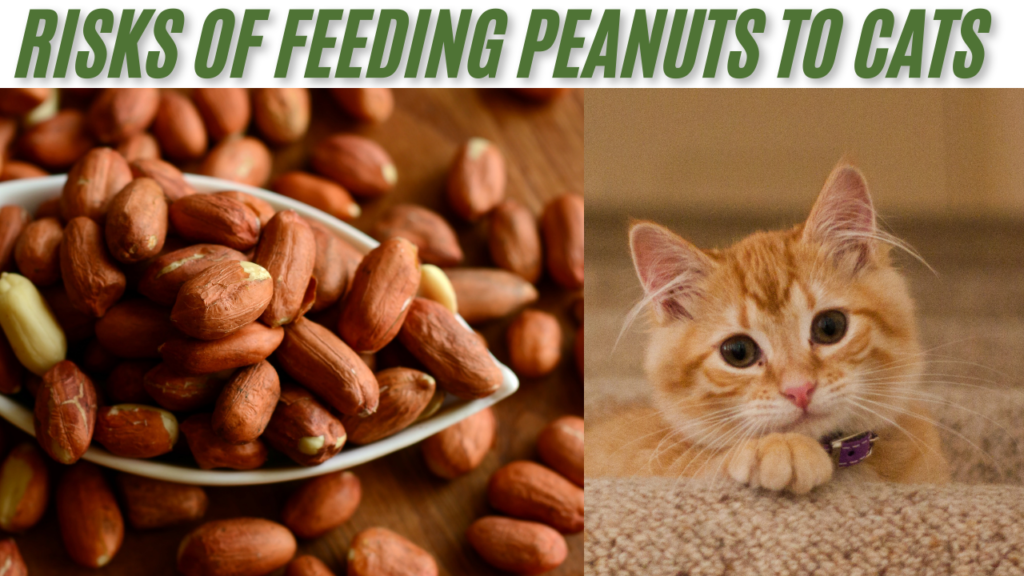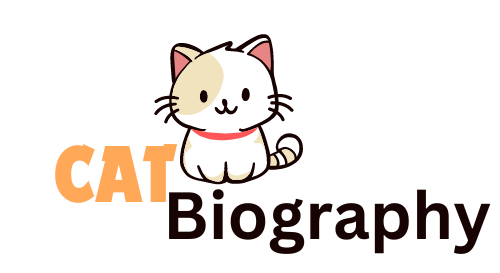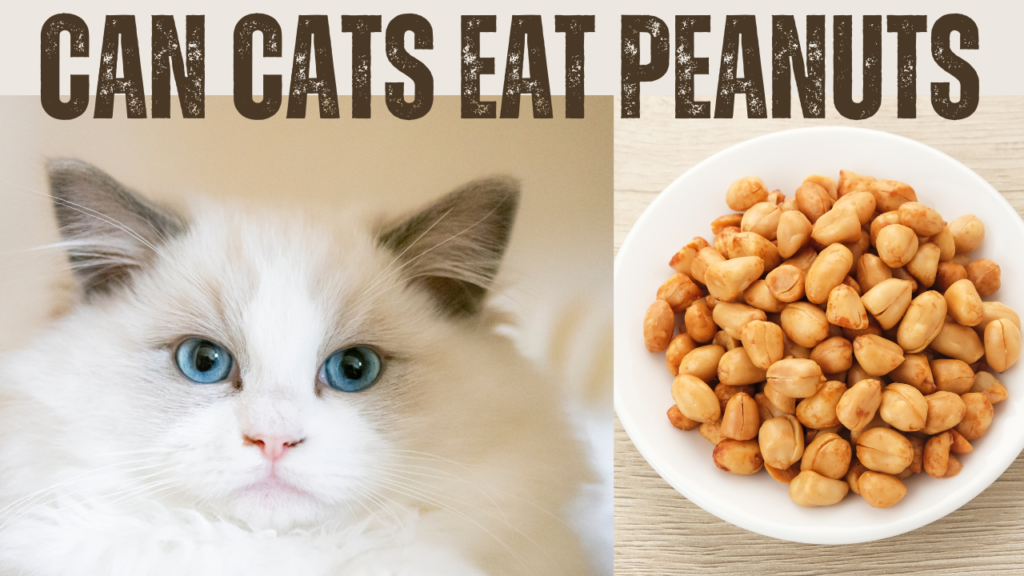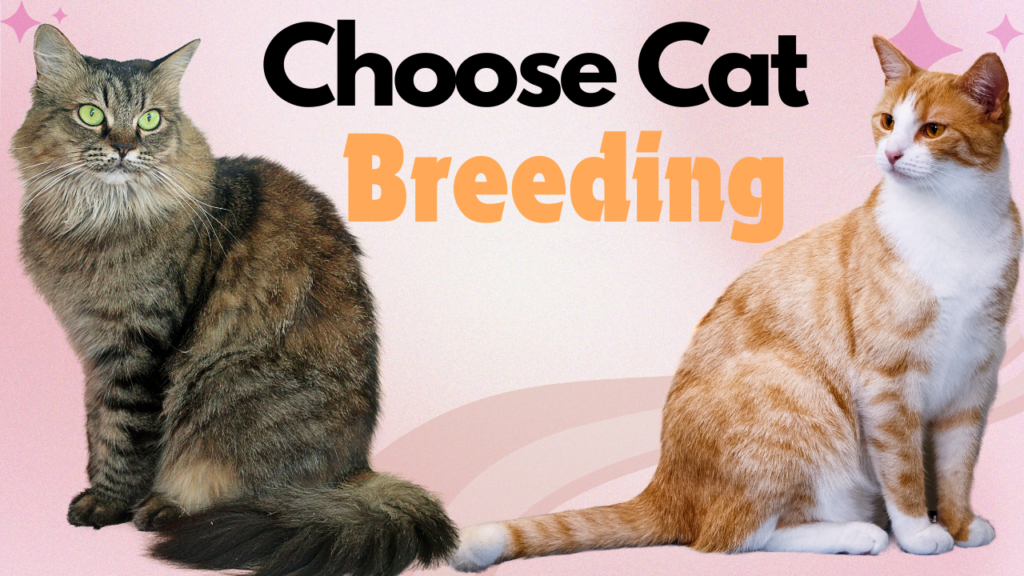As loving pet owners, we always want to ensure the health and safety of our feline companions. One common question that arises is: can cats eat peanuts? While peanuts may seem harmless as a snack, it’s essential to understand their impact on a cat’s health before offering them to your furry friend. This article dives deep into whether peanuts are safe for cats, the potential benefits, and the risks associated with feeding peanuts to your pet.
Are Peanuts Safe for Cats?
The short answer is yes, peanuts are generally safe for cats when offered in moderation and under the right circumstances. However, this doesn’t mean that peanuts are a necessary or beneficial addition to a cat’s diet. Cats are obligate carnivores, meaning their primary nutritional needs are met through meat and animal-based proteins. Peanuts, while non-toxic, are not part of their natural diet and should only be given as an occasional treat.
Raw vs. Cooked Peanuts: What’s Better?
- Raw Peanuts: Raw peanuts are safe in small quantities, but they can pose a choking hazard. Cats may struggle to chew them thoroughly, increasing the risk of gastrointestinal issues.
- Cooked Peanuts: Plain, unsalted, and roasted peanuts are safer for cats, as they are easier to chew and digest. However, avoid adding any seasoning, oils, or salt, as these can be harmful.
Potential Benefits of Feeding Peanuts to Cats
While peanuts are not essential to a cat’s diet, they do offer some nutritional value:
- Protein Content: Peanuts are rich in protein, which is beneficial for muscle maintenance. However, the type of protein in peanuts is plant-based, which cats cannot utilize as efficiently as animal proteins.
- Healthy Fats: Peanuts contain unsaturated fats, which can be a source of energy. Again, cats do not require these fats as they obtain sufficient fat from their meat-based diets.
- Vitamins and Minerals: Peanuts provide small amounts of vitamins like B6 and E, as well as minerals such as magnesium and potassium.
It’s important to note that these benefits are minimal and do not outweigh the risks associated with overfeeding peanuts to your cat.
Risks of Feeding Peanuts to Cats
While peanuts are not inherently dangerous, there are several risks to be aware of:

1. Allergies and Sensitivities
Just like humans, cats can have food allergies. Peanuts are a known allergen in some pets, and an allergic reaction can cause symptoms such as:
- Itching and scratching
- Swelling
- Vomiting
- Diarrhea If you notice any of these symptoms after your cat consumes peanuts, consult a veterinarian immediately.
2. Choking Hazard
Peanuts are small and hard, making them a potential choking hazard, especially for smaller cats. Always ensure the peanut is broken into small, manageable pieces before offering it to your pet.
3. High Fat Content
Although healthy fats are present in peanuts, too much fat can lead to obesity and other health problems in cats, such as pancreatitis. Cats have different metabolic needs than humans, so even a small amount of high-fat food can upset their balance.
4. Additives and Seasonings
Salted or flavored peanuts are particularly dangerous. The added salt can lead to dehydration and sodium ion poisoning, while other seasonings, such as garlic or onion powder, are toxic to cats.
Guidelines for Safely Offering Peanuts to Your Cat
If you decide to give your cat a peanut as a treat, follow these guidelines to minimize risks:
- Choose Unsalted, Plain Peanuts: Avoid any flavored or salted varieties.
- Take Off the Shell: Peanut shells are hard to digest and can cause choking or digestive issues.
- Limit the Quantity: A single, small piece of peanut is more than enough for your cat.Snacks should comprise no more than 10% of your cat’s daily calorie allowance.
- Monitor Your Cat: Watch for any adverse reactions after feeding peanuts, such as vomiting, diarrhea, or unusual behavior.
What About Peanut Butter?
Peanut butter is a well-loved treat for dogs, but can cats safely enjoy it too?Plain, unsweetened peanut butter is generally safe for cats in small quantities. However, it is high in fat and calories, and many commercial brands contain xylitol, an artificial sweetener that is toxic to pets. Be sure to review the ingredients and seek advice from your veterinarian before giving peanut butter to your cat.
Healthy Alternatives to Peanuts
If you want healthy and safe treat options for your cat, try these alternatives:
- Cooked Meat: Small pieces of cooked chicken, turkey, or fish are excellent treats that align with a cat’s dietary needs.
- Catnip or Cat Grass: These are natural, safe, and enjoyable treats for most cats.
- Commercial Cat Treats: Many high-quality treats are specifically designed to meet feline nutritional requirements.
Final Verdict: Should Cats Eat Peanuts?
While peanuts are not toxic to cats, they do not offer significant nutritional benefits and come with potential risks. As a result, they should only be offered sparingly and with caution. Always prioritize treats and foods that align with your cat’s dietary needs, and consult your veterinarian if you’re unsure about introducing new foods.
# : READ ANOTHER POSTS
1 : Can Cats Eat Honey? A Comprehensive Guide
2 : Can Cats Eat Donuts? A Guide to Feline Nutrition and Health Risks
3 : Can Cats Have Vanilla Ice Cream? Everything You Need to Know
4 : Can Cats Eat Beans? A Comprehensive Guide for Pet Owners


